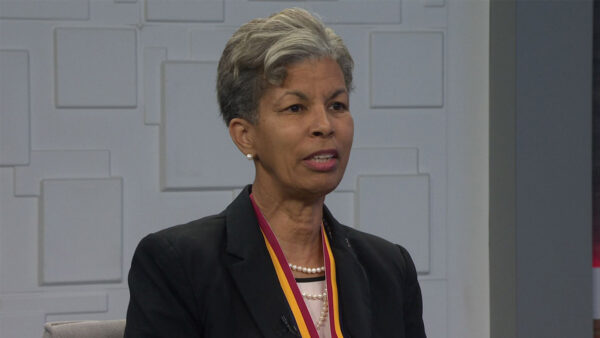Supreme Court strikes down affirmative action in college admissions
June 29, 2023
The U.S. Supreme Court has ruled that colleges and universities can no longer take race into consideration as a specific basis for granting admission, a landmark decision overturning long-standing precedent that has benefited Black and Latino students in higher education. Chief Justice John Roberts wrote the opinion for the conservative majority, saying the Harvard and University of North Carolina admissions programs violated the Equal Protection Clause because they failed to offer “measurable” objectives to justify the use of race. He said the programs involve racial stereotyping and had no specific end point.
“This court that purports to believe in the original intent, governing the interpretation of the Constitution, completely threw out the original intent in today’s opinion, which is why I think it was a radical decision. It also overruled 69 years of judicial precedent in favor of affirmative action,” said Stephen Montoya, an attorney for Montoya, Lucero and Pastor.
The majority opinion argued that race can play a factor but cannot be the sole factor for admission into a university. Montoya disagreed and doesn’t believe race was ever the lone factor considered for college applicants.
“I don’t think that is accurate. There are a lot of other factors that these admission committees look at such as grades, extracurricular activities, social economic circumstances in making their admission decisions,” said Montoya.
The decision was celebrated by members of the Asian community who have felt disadvantaged under affirmative action. The Asian American Coalition made the following statement:
“Today is a historic victory for Asians and all Americans. After fighting against anti-Asian discrimination in college admissions for 35 years, today we finally see the Justices of the U.S. Supreme Court provide equal protection of the law to all communities.”




















